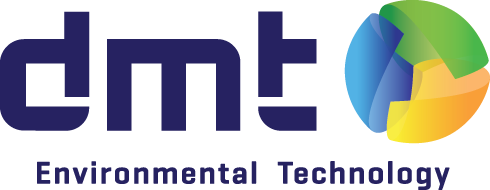Organic Waste
Biogas upgrading from organic waste
Biogas upgrading & desulphurisation – Organic Waste
The repurpose of organic waste plays a key part in the effort to diminish our dependence on fossil fuels and to solve a growing environmental problem. It has proven to be an additional source of income and is a substantial contribution to sustainability. With our challenge to create a clear and prosperous future, DMT Environmental Technology has proven its expertise in biogas upgrading and compressing or liquefying biomethane.
- Biogas upgrading technology – Easy to operate
- High uptime
- Maximum methane recovery

Organic waste
In short, organic waste is material that comes from either a plant or an animal. organic waste contains materials which originated from living organisms. Organic materials found in municipal solid waste include food, yard waste, green waste and is biodegradable. Biodegradable waste is organic material that can be broken into carbon dioxide, methane or simple organic molecules.
To avoid organic waste is disposed of with other waste in landfills or incinerators, it is separated from materials that are not biodegradable. When organic waste is dumped in landfills, it undergoes anaerobic decomposition and produces methane, a greenhouse gas more pollutant than carbon dioxide. Therefore, recycling organics reduces greenhouse gas emissions and when treated produces biogas. The biogas can be upgraded to a highly efficient renewable energy source; biomethane.
The biogas upgrading process can be performed with the Carborex®MS, which separates methane from carbon dioxide by using highly selective membrane technology. This process has the advantages of being a dry process (no chemicals involved), having low energy consumption and it is easy to operate. The whole system is built on a skid or in a container, which results in a small footprint and an easily transportable system.

